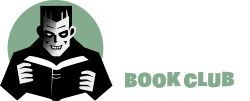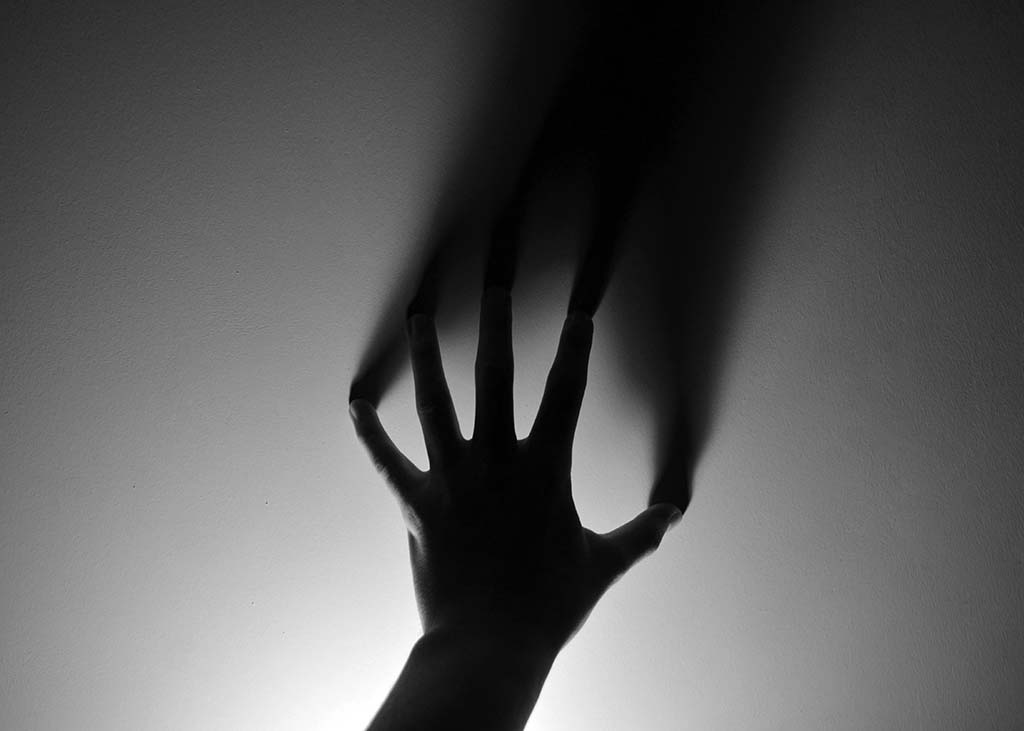Horror stories come in many flavors, but two major ingredients often dominate the mix: psychological terror and supernatural fear. Each taps into different corners of our imagination and exploits our deepest vulnerabilities. But what is it that makes one kind of horror scarier than the other? And why do we gravitate toward these tales, knowing full well they’ll keep us up at night?
Let’s explore what makes these two types of horror so effective—and how they play on our minds in uniquely terrifying ways.
Psychological Horror: The Fear Inside Our Minds
Definition: Psychological horror focuses on internal fears, mental anguish, and the fragility of the human mind. It thrives on ambiguity, leaving readers questioning what’s real and what’s imagined.
Why It’s Scary:
Psychological horror is effective because it feels deeply personal. It often forces us to confront uncomfortable truths about ourselves and the world around us. Unlike supernatural horror, there’s no convenient ghost or demon to blame—just the terrifying complexities of human nature.
Key Themes:
- Madness and Unreliable Narrators: Stories like The Yellow Wallpaper by Charlotte Perkins Gilman or The Tell-Tale Heart by Edgar Allan Poe delve into characters’ deteriorating mental states. The horror lies in seeing the world through their fractured lens, unsure of what’s real.
- Isolation: Being cut off from help or support can be more terrifying than any monster. Think of Jack Torrance’s descent into madness in The Shining, exacerbated by his isolation in the Overlook Hotel.
- The Unknown Within: Films like Black Swan or novels like Gone Girl toy with our fear of losing control over our own minds or uncovering dark secrets about ourselves or loved ones.
Why It Sticks with Us:
Psychological horror taps into universal fears: losing control, being misunderstood, or unraveling under pressure. It lingers because it’s grounded in reality—these things could happen.
Supernatural Horror: The Fear Beyond Our World
Definition: Supernatural horror deals with entities and phenomena beyond the natural world—ghosts, demons, witches, and otherworldly forces. It often challenges our understanding of reality and our belief in the unseen.
Why It’s Scary:
Supernatural horror exploits our primal fear of the unknown. These stories tap into ancient cultural fears about what happens after death, forbidden rituals, or the existence of malevolent forces beyond human comprehension.
Key Themes:
- Hauntings and Possessions: Stories like The Haunting of Hill House or The Exorcist explore the idea that malevolent entities can invade our spaces—or even our bodies.
- Cosmic Horror: H.P. Lovecraft pioneered this sub-genre, which focuses on humanity’s insignificance in the face of vast, unknowable forces. Think The Call of Cthulhu, where the true horror lies in understanding how little control we have over the universe.
- Good vs. Evil: Supernatural horror often pits humanity against forces that defy natural laws, as seen in Dracula or The Omen.
Why It Sticks with Us:
The supernatural taps into age-old fears passed down through folklore and religion. Even skeptics can’t entirely dismiss that eerie feeling of being watched in the dark. It scares us because it’s beyond our ability to understand or fight.
Which Is Scarier? It Depends.
The answer to whether psychological or supernatural horror is scarier comes down to personal preference and how we process fear.
- Psychological Horror for Realism: If you’re scared by things that could happen—losing your mind, being stalked, or uncovering family secrets—psychological horror is likely to resonate more. Its grounded nature can feel closer to home, making it harder to shake.
- Supernatural Horror for Escapism: If you prefer your scares with a fantastical edge, supernatural horror delivers. Ghosts and demons offer an escape from the real world, even if they haunt your dreams for weeks.
The Best of Both Worlds
Some of the most terrifying stories combine elements of psychological and supernatural horror. The Babadook (2014) is a perfect example. Is the titular monster a real entity, or is it a manifestation of the protagonist’s grief and mental health struggles? The ambiguity leaves viewers unsettled, blurring the line between internal and external threats.
Similarly, Shirley Jackson’s The Haunting of Hill House masterfully combines both types of horror. Is the house truly haunted, or do its residents bring their own psychological baggage that fuels their terror? The lack of clear answers keeps the tension high.
Why We Love to Be Scared
Ultimately, both psychological and supernatural horror tap into our most fundamental fears: the fragility of our minds and the mysteries of the unknown. Whether it’s the shadowy corners of the human psyche or the things that go bump in the night, horror gives us a safe way to confront what scares us most—and maybe even come out stronger on the other side.
So, what kind of horror fan are you? Do you find more terror in the depths of the mind, or in the shadowy realms of the supernatural? Whichever you prefer, there’s one thing we can all agree on: the best horror leaves us sleeping with the lights on.





